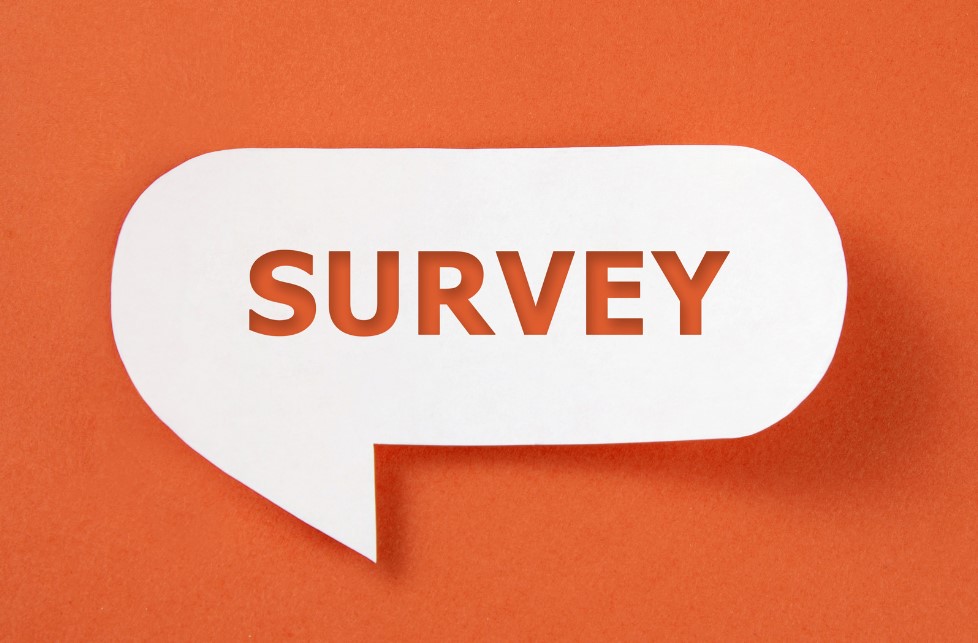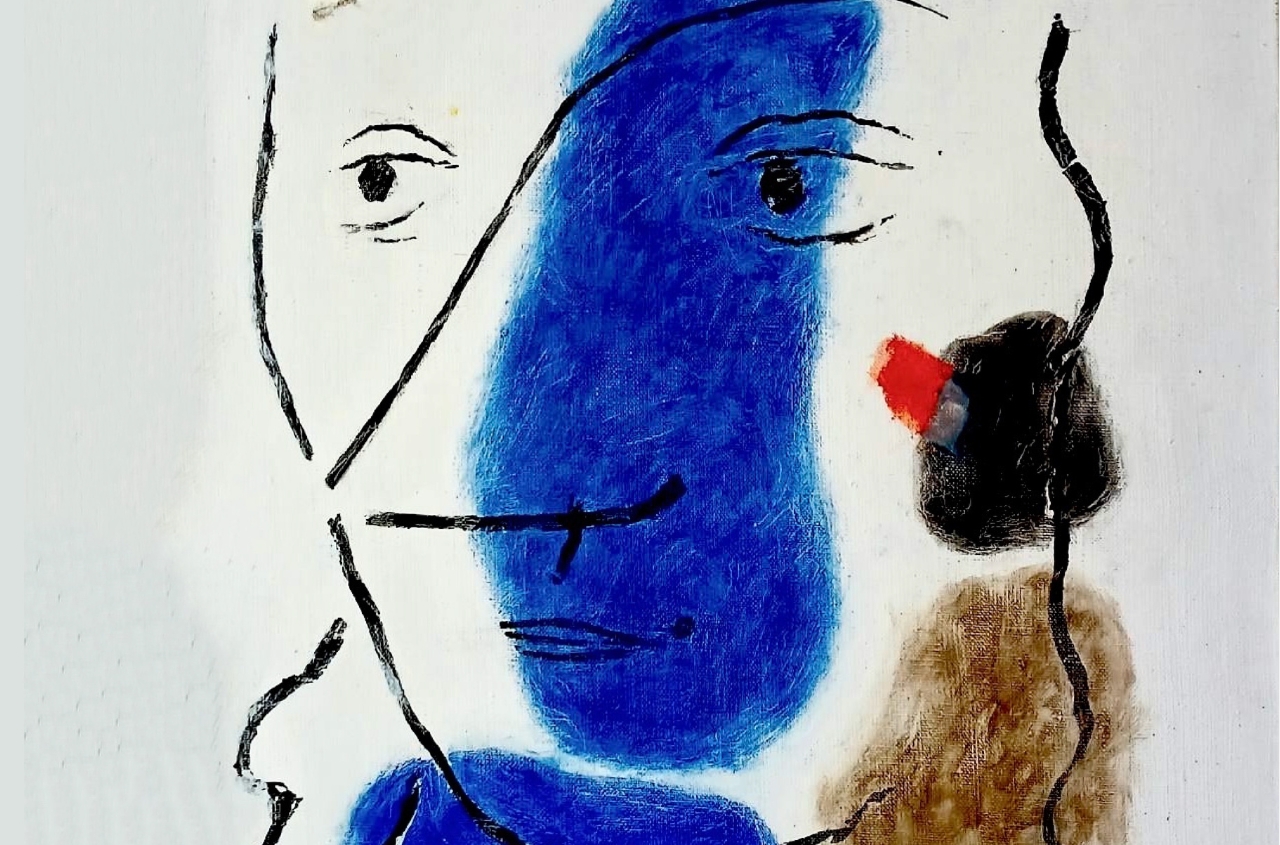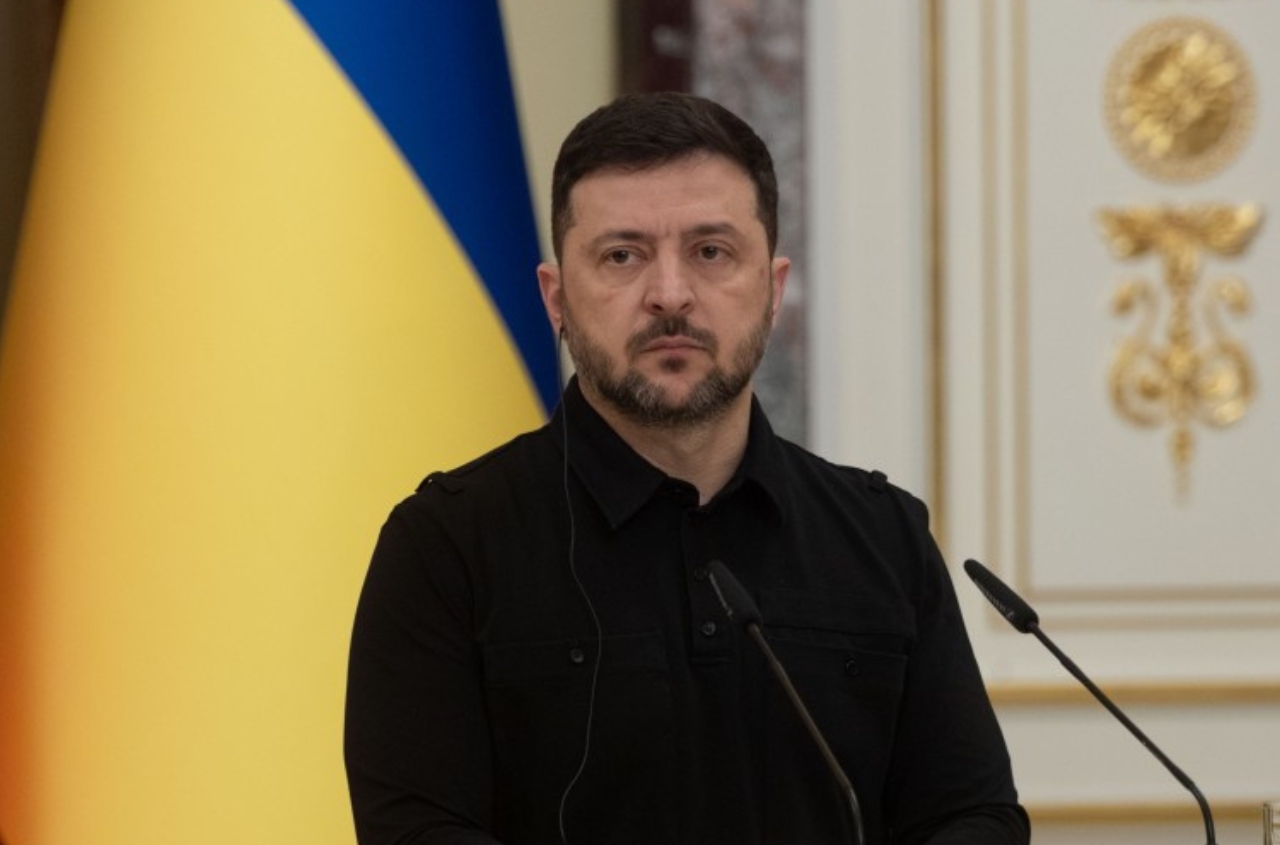Results of the sociological survey conducted by the Razumkov Center's sociological service from June 6 to June 12, 2024, within the framework of the Civic Engagement Program "Get Involved!", financed by the United States Agency for International Development (USAID) and implemented by Pact in Ukraine.
Trust in Institutions of Society
Among state and social institutions, the highest levels of trust are expressed towards the Armed Forces of Ukraine (trusted by 90% of respondents), volunteer organizations (81%), volunteer battalions (80%), the State Emergency Service (79%), the National Guard of Ukraine (75%), the State Border Guard Service (71%), the Church (63%), the Ministry of Defense of Ukraine (61%), the Security Service of Ukraine (61%), civic organizations (56.5%), the mayor of the city (town, village) where the respondent lives (51%), and the President of Ukraine (50%).
There is also a higher expression of trust than distrust towards the National Police of Ukraine (49% trust and 43% distrust) and the National Bank of Ukraine (48% trust and 42% distrust).
Approximately equal levels of trust and distrust are expressed towards the city (town, village) council where the respondent lives (45% trust and 46% distrust) and the Ukrainian Parliament Commissioner for Human Rights (Ombudsman) (39% trust and 39% distrust).
The majority of respondents express distrust towards the state apparatus (officials) (78.5% distrust), political parties (77.5%), the Verkhovna Rada of Ukraine (76%), the courts (court system in general) (73%), the Government of Ukraine (73%), the Prosecutor's Office (64%), the Specialized Anti-Corruption Prosecutor's Office (63%), the National Anti-Corruption Bureau of Ukraine (62%), the National Agency for Prevention of Corruption (62%), and commercial banks (58%). 50% of respondents do not trust Ukrainian media. Distrust is also more frequently expressed than trust towards trade unions (49% distrust, while 25% trust).
Trust in Politicians, Officials, and Public Figures
Among politicians, officials, and public figures assessed during this survey, the highest levels of trust were expressed towards V. Zelensky (54%). Personal trust in V. Zelensky exceeds institutional trust in the President of Ukraine (50% trust).
Trust was more frequently expressed than distrust towards V. Kim (46% trust and 32.5% distrust), D. Kuleba (43% trust and 35.5% distrust), and V. Maliuk (38% trust and 25% distrust).
The majority of respondents do not trust Y. Tymoshenko (80%), O. Arestovich (80%), Y. Boiko (77%), M. Bezuhlii (68%), P. Poroshenko (67%), A. Yermak (64%), R. Stefanchuk (64%), D. Arakhamia (62%), and D. Shmyhal (57%).
Distrust was more frequently expressed than trust towards I. Vereshchuk (49% distrust and 28% trust), S. Prytula (47% distrust and 41% trust), V. Klitschko (45% distrust and 41% trust), M. Podoliak (42% distrust and 36% trust), R. Umerov (41% distrust and 28% trust), D. Hetmantsev (40% distrust and 20% trust), I. Klymenko (31.5% distrust and 24% trust), and O. Lytvynenko (26% distrust and 14% trust).
Attitudes towards Holding National Elections in Ukraine Before the End of the War
Only 22% of respondents have a positive attitude towards the idea of holding national elections in Ukraine (presidential or parliamentary) before the end of the war (although this is somewhat higher than in September 2023 — 15%). The majority of respondents (59%) have a negative attitude towards this (in September 2023 — 64%). Support for the idea of holding elections before the end of the war largely depends on the level of trust in the current government. Thus, among those who trust the President of Ukraine, only 11.5% would support such elections, while among those who do not trust, 34% would support. However, even among those who do not trust the President, a relative majority (47%) do not support the idea of such elections (compared to 72% among those who trust).
The negative attitude towards elections during the war is due to the fact that a relative majority (46%) of citizens believe that such elections divide Ukrainian society (only 11% believe that they unite society, compared to 40% and 9% respectively in September-October 2023).
Belief in Victory and Vision of Victory
80% of respondents believe in Ukraine's victory in the war (65% of residents in the East of the country, 79% in the South, and 84% in the West and Central regions), while 12% do not believe (from 9% in the Central region to 18% in the East of the country).
Regarding the timing of victory, the assessments of those respondents who believe in it have changed little compared to March and January 2024 when similar surveys were conducted. Only compared to January 2024, slightly more people now believe that victory will come by the end of this year (this group increased from 20% to 24%).
38% believe it will happen within 1-2 years, 15% believe it will take from 3 to 5 years, 5% believe it will take more than 5 years, and 1% believe victory will happen "hardly in my lifetime."
The most optimistic expectations of victory were in February-March 2023 — then 50% believed victory would come by the end of 2023.
Regarding what can be considered a victory, a relative majority (42%) of those who believe in victory respond that victory will be considered the expulsion of Russian troops from the entire territory of Ukraine and the restoration of borders as of January 2014. Another 17.5% will consider victory the destruction of the Russian army and the promotion of rebellion/disintegration within Russia. 14% will consider victory the restoration of the status quo as of February 23, 2022, 8% the expulsion of Russian troops from the entire territory of Ukraine except for occupied Crimea, and 8% the end of the war even if the Russian army remains in the territories seized during the full-scale invasion (after February 24, 2022).
The face-to-face survey was conducted in Vinnytsia, Volyn, Dnipropetrovsk, Zhytomyr, Zakarpattia, Zaporizhzhia, Ivano-Frankivsk, Kyiv, Kirovohrad, Lviv, Mykolaiv, Odessa, Poltava, Rivne, Sumy, Ternopil, Kharkiv, Kherson, Khmelnytskyi, Cherkasy, Chernihiv, and Chernivtsi regions, as well as in Kyiv city. In Zaporizhzhia, Mykolaiv, Kharkiv, and Kherson regions, the survey was conducted only in territories controlled by the government of Ukraine and not affected by hostilities.
2,016 respondents aged 18 and older were surveyed. The theoretical sampling error does not exceed 2.3%. However, additional systematic deviations in the sample may be due to the consequences of Russian aggression, including the forced evacuation of millions of citizens.





















